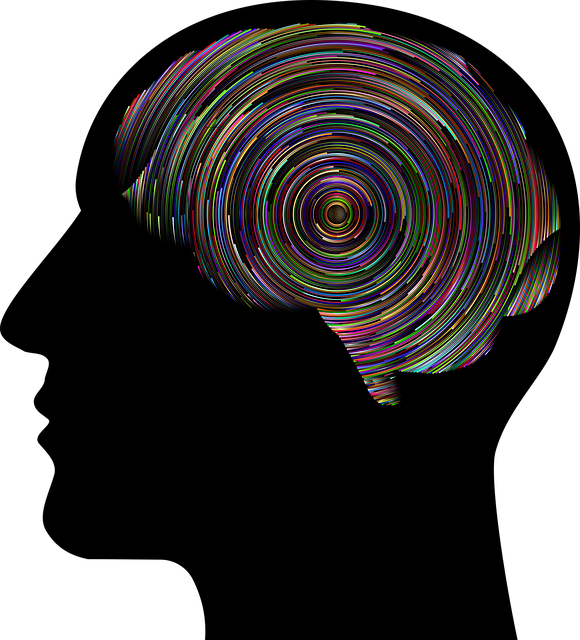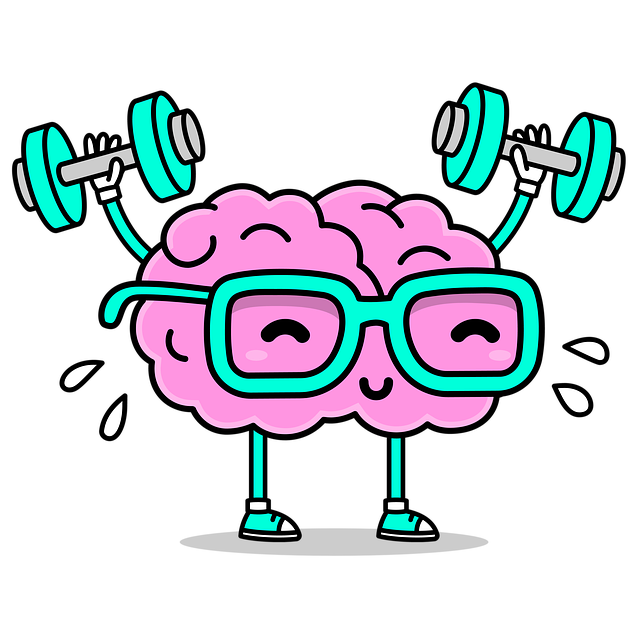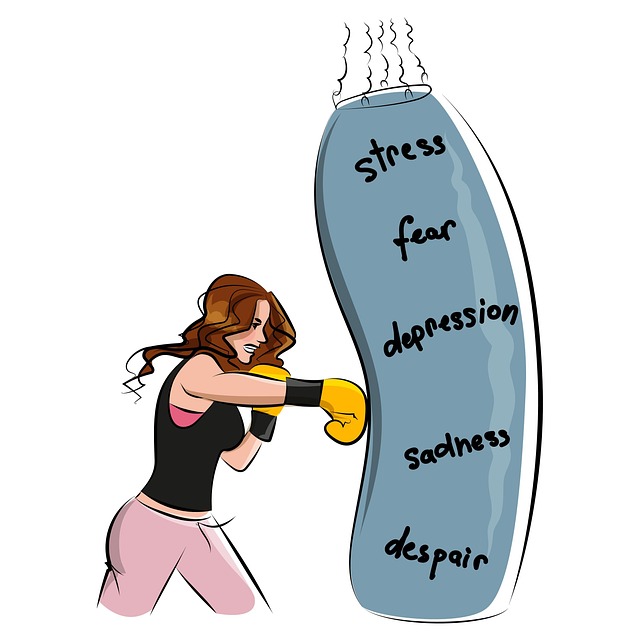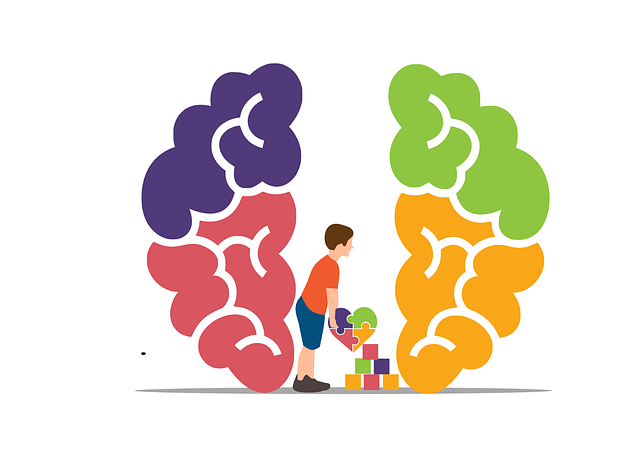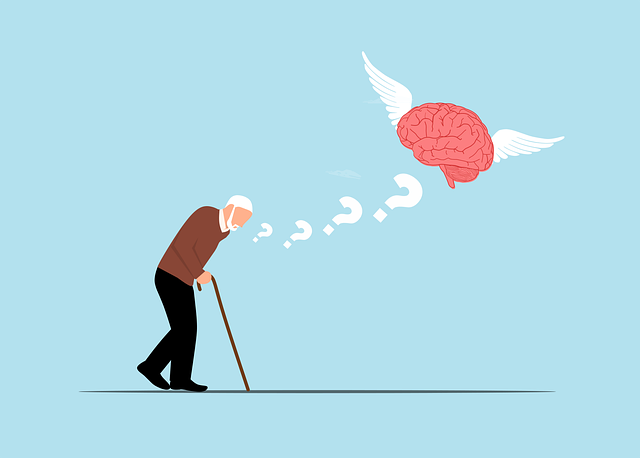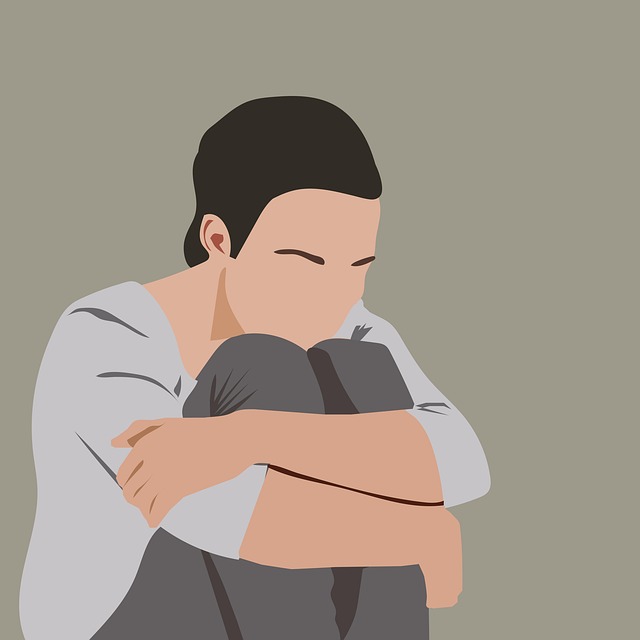Social Skills Training is a vital resource for adolescent teens first responders, addressing their unique emotional challenges and social skill deficits. By focusing on communication, empathy, and mindfulness, this therapy equips them with tools to manage stress, reduce isolation, and improve relationships. Targeted interventions and early awareness campaigns are key to identifying at-risk teens and providing necessary support. Incorporating interactive workshops and group discussions, tailored therapy sessions enhance emotional well-being, build resilience, and foster healthier social environments for both personal growth and professional development.
Social skills training is a powerful tool for improving mental health among teens, especially those who serve as first responders. This article delves into the critical connection between social abilities and adolescent well-being, exploring how skill deficits can impact at-risk teens. We discuss identifying signs of social skill challenges, effective training strategies in therapeutic settings, and the long-term benefits for mental wellbeing. For parents and professionals supporting therapy for adolescent teens first responders, this guide offers valuable insights into empowering teens through essential social skills development.
- Understanding the Link Between Social Skills and Mental Health for Teens
- The Impact of Social Skills Deficits on Adolescent First Responders
- Identifying Signs: Recognizing Social Skill Challenges in At-Risk Teens
- Strategies for Effective Social Skills Training in a Therapeutic Setting
- Empowering Teens: Long-Term Benefits of Social Skills Training for Mental Wellbeing
Understanding the Link Between Social Skills and Mental Health for Teens

For teens struggling with mental health conditions, understanding and developing social skills can be a game-changer. Social skills training is an essential component of therapy for adolescent teens, especially those who may feel isolated or find it challenging to connect with others. In today’s world, where digital interactions are prevalent, fostering face-to-face communication and empathy becomes even more critical. This is where first responders—parents, caregivers, and mental health professionals—play a vital role in guiding teens towards better social integration.
The link between social skills and mental wellness is profound. Teens with strong social connections and emotional intelligence are more likely to develop positive thinking patterns and maintain good mental health. Training in these areas can help young individuals navigate peer relationships, manage emotions, and build resilience—all of which contribute to a healthier, happier life. By addressing social skill gaps, therapy for adolescent teens not only supports their current mental health needs but also equips them with tools to thrive in various aspects of life, from academic settings to future careers.
The Impact of Social Skills Deficits on Adolescent First Responders

Social skills deficits can significantly impact adolescent first responders, who often face unique challenges due to their role in supporting others during traumatic events. These teens may struggle with connecting and communicating effectively, leading to feelings of isolation and a disconnect from their peers. The pressure to be strong and supportive for others can make it hard for them to express their own emotional needs, resulting in unmet mental health requirements.
Therapy designed specifically for adolescent first responders can address these issues by teaching essential communication strategies and promoting mindfulness meditation techniques. Mental health education programs tailored to their age group and experiences can help build resilience and improve their ability to manage stress. By incorporating these approaches, teens can develop healthier coping mechanisms, enhancing both their personal well-being and their capacity to provide effective support in the future.
Identifying Signs: Recognizing Social Skill Challenges in At-Risk Teens

Recognizing social skill challenges in at-risk teens is a crucial first step toward providing effective therapy for adolescent teens. First responders and caregivers often overlook subtle signs of distress that manifest as social withdrawl, difficulty maintaining eye contact, or struggles to engage in group activities. These red flags can indicate underlying mental health conditions that hinder healthy social interactions and coping skills development.
Early intervention through community outreach program implementation and public awareness campaigns development is essential. By educating ourselves on these subtle cues, we can ensure teens receive the necessary support before problems escalate. Targeted interventions, such as group therapy sessions or specialized workshops, equip at-risk teens with valuable coping skills, fostering a sense of belonging and improving their ability to navigate social situations successfully.
Strategies for Effective Social Skills Training in a Therapeutic Setting

Social Skills Training in a Therapeutic Setting should be tailored to meet the unique needs of each individual, especially when targeting adolescent teens and first responders. Effective strategies include interactive workshops that focus on communication, empathy, and conflict resolution. Role-playing scenarios, group discussions, and mindfulness exercises can help participants practice these skills in a safe environment.
For optimal results, integrate Mind Over Matter Principles into the training to empower individuals with coping mechanisms for managing stress and anxiety during social interactions. Additionally, encourage open conversations about mental wellness to foster an understanding of mental illness stigma reduction efforts. Engaging activities that blend theoretical knowledge with practical application can make social skills training more engaging and impactful for those in therapy, be it for personal growth or professional development as first responders.
Empowering Teens: Long-Term Benefits of Social Skills Training for Mental Wellbeing

For teen first responders—adolescents who often bear the weight of emotional responsibility within their families or communities—social skills training can be a game-changer. This targeted therapy empowers them with effective communication strategies, enabling them to express their feelings and needs in healthy ways. By participating in compassion cultivation practices alongside social skills training, teens learn to navigate interpersonal relationships with increased empathy, reducing the risk of isolation and enhancing their overall mental wellbeing.
The long-term benefits are profound: improved self-esteem, better conflict resolution skills, and a stronger support network. These positive changes not only contribute to academic and career success but also foster healthier relationships in adulthood. Social Skills Training proves to be a proactive measure, equipping teens with resilience against the challenges that often accompany mental health conditions, and paving the way for a brighter, more connected future.
Social skills training is a powerful tool for improving mental health outcomes in adolescent first responders and at-risk teens. By understanding the link between social skills and mental well-being, and employing effective strategies in therapeutic settings, we can empower teens to navigate social challenges successfully. The long-term benefits of this training include enhanced self-esteem, improved peer relationships, and better coping mechanisms, all vital components for a healthy, fulfilling life. For parents, educators, and caregivers, recognizing the signs of social skill deficits and providing appropriate support is crucial in fostering resilience among teens, especially those who may be first responders or facing mental health conditions.
